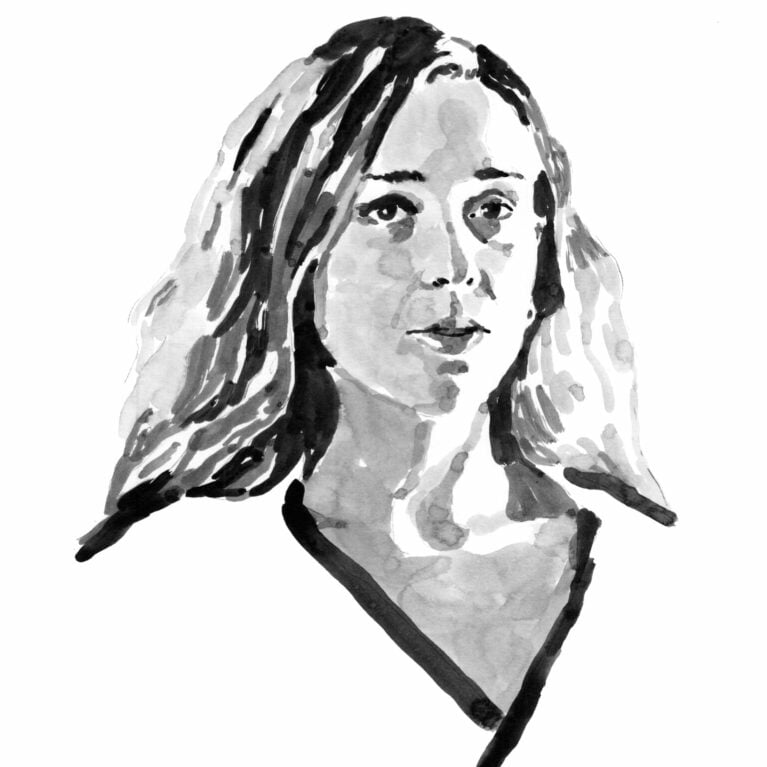Alina Wieczorek

Who I am
I grew up in a small town called Haltern am See in North-Western Germany. My dad used to be a professional swimmer and passed his passion on to me and my sister. As a result, I spent most of my childhood in or on the water and it has become the element I feel the most connected to and fascinated by. Like all children, my sister and I were tireless when it came to asking questions about the world around us, but my parents left not a single question unanswered. If they couldn’t give us an answer, we looked it up together. I think this is how my curiosity was fuelled and my researcher’s mind was born. After graduating from high school, I spent three months in a turtle volunteering programme in Uruguay. There I witnessed the impact of plastic pollution on the marine world that fascinates me so much. Day after day we collected stranded turtles from the beaches, most of the strandings a consequence of plastic pollution. It was then that I made the decision to dedicate my future to the preservation of our seas.
Where I work
When Giulia and I kicked off this exciting project I was based at the National University of Ireland, Galway, on the west coast of Ireland, where I recently completed my PhD studies on the impacts of microplastics on pelagic species. Since, I have moved across town to the Irish Marine Institute where am currently trying to acoustically identify deep sea fish. Most of the sample analysis I do in the lab and on my laptop in the office, but when I go off to collect samples you can find me all around the world. Through a science communication and outreach workshop I had the pleasure of meeting Giulia, who was working with the Maldives Whale Shark Research Programme and told me that she has access to some pretty unique samples: whale shark poo. She sent me one of her samples and we found a significant amount of microplastics in it. This was a shocking, yet not totally unexpected find. As pressure from tourism increases and because of the Maldives’ geographical location, waste management on the islands has become a challenge and microplastics in particular have been recorded as being abundant in the sea there. This is especially worrying considering that the Maldives provide a unique habitat not only to the endangered whale shark, but also to many other rare marine species. When I realised how whale sharks were affected I nearly instantly had to think of the large accumulations of basking sharks which we can find in quite high numbers from April to June on the West coast of Ireland- a few kilometres away from my doorstep. I have therefore decided to expand the project to basking sharks in Ireland and work with local NGOs to see whether they are similarly affected.
What I do
Our project looks at how the largest fish on our planet may be impacted by the smallest pieces of plastics – microplastics. Microplastics have previously been shown to have negative impacts on the health of some fish species and may add another stressor to the endangered whale shark and the as vulnerable classified basking shark. Both species have in the past been hunted for their meat and oil-filled livers and were subjected to illegal finning. Nowadays these sharks suffer from boat strikes in heavily trafficked waters and especially whale sharks are further affected by poorly managed tourism. Wanting to investigate this additional threat to the species, we developed a project to look at microplastic ingestion by whale sharks in the Maldives by analysing their faeces. We also hope to work out whether whale sharks ingest microplastics directly from the water or via their plankton prey. In the next stage of the project we will use our findings to open a dialogue with the public and key stakeholders, with the aim of raising awareness of the issue of plastic pollution, stimulating action and improving the conservation of this marine ecosystem. Key for us is to put our findings into a real-world context and try to find solutions with the people who will be most affected.
